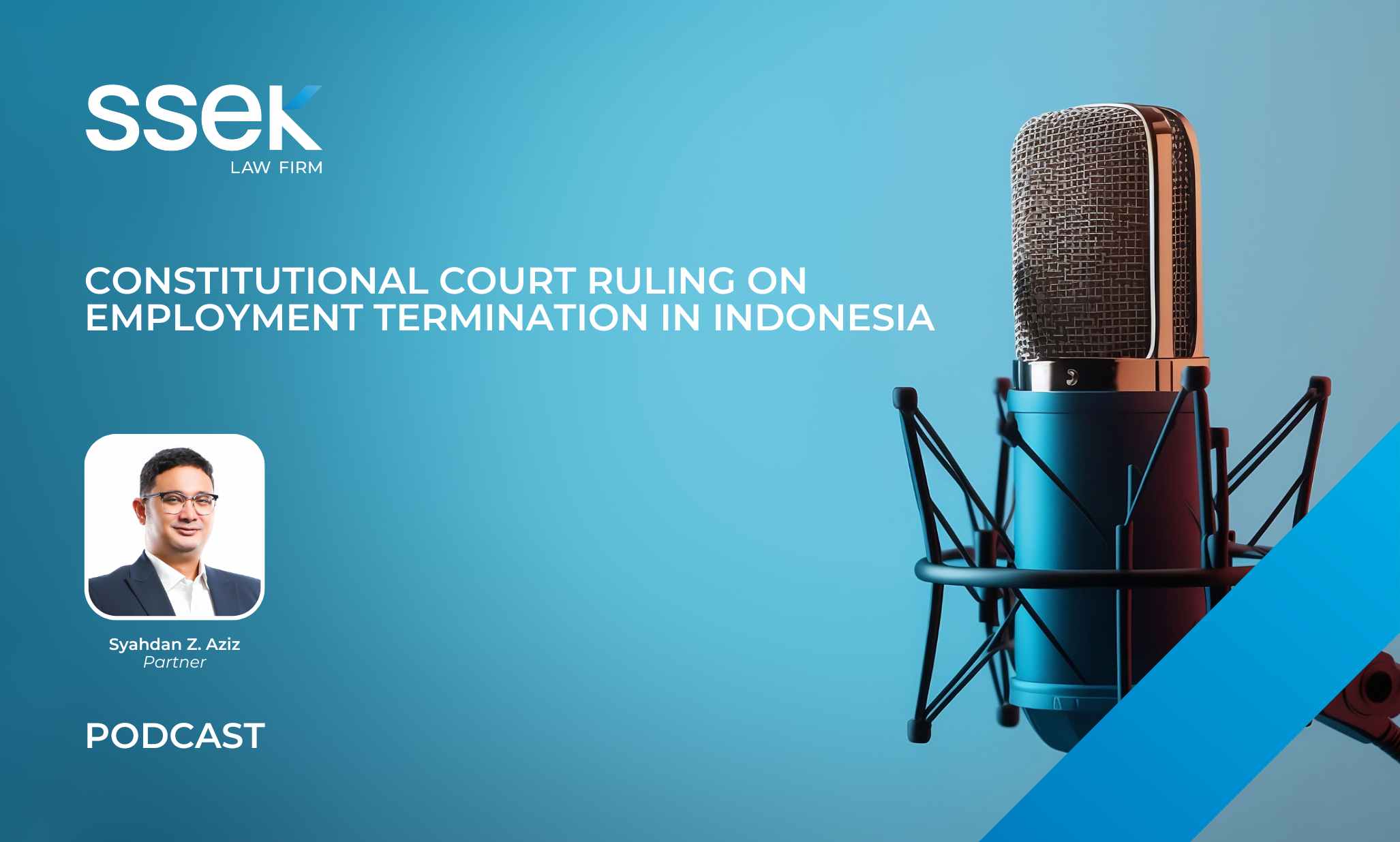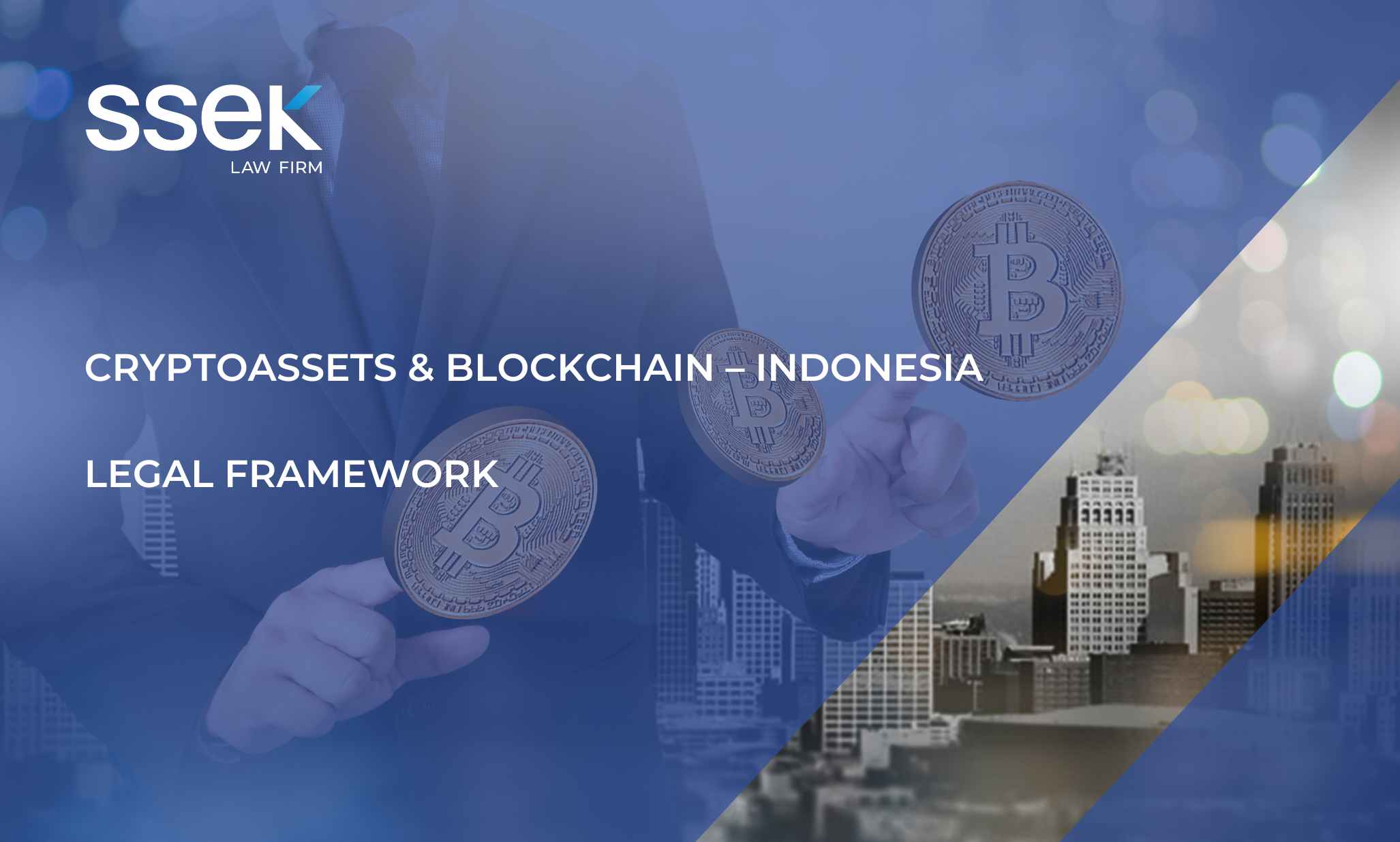

Employers in Indonesia regularly carry out background checks on applicants. Background checks are not expressly regulated by Indonesian employment laws, and certain background checks are subject to the consent of the applicant in practice.
The most common background checks involve those on an applicant's educational credentials, employment history and professional licenses, which, in practice, are usually provided voluntarily by the applicant. Any checks undertaken must be appropriate and proportionate to the position being applied for and must not discriminate or discourage people from applying.
There are specific points to note in relation to particular checks:
Criminal records
Employers may require prospective or existing employees to obtain a Statement of Good Behavior, or Surat Keterangan Catatan Kepolisian (SKCK), from the local district office of the Indonesian National Police.
An SKCK is a letter issued by or on behalf of the Chief of Police in the district in which an individual is domiciled confirming that the individual named in the letter is of good behavior and not presently involved in any criminal investigation or proceedings. This statement from the Chief of Police is based on the information provided by the head of the village or sub-regency where the individual lives and a review of the local criminal record.
An SKCK does not indicate whether an individual has a criminal record but confirms that the individual is not currently involved in criminal proceedings within that specific district only. Centralized/national criminal records are not available or searchable.
An SKCK is valid for six months and only relates to the specific police district where the individual is domiciled. Only the employee concerned may apply for and obtain an SKCK, but prospective employers are entitled to require a clean SKCK as a precondition to hiring, and the employment agreement and related terms and conditions of employment may include an obligation for the employee to produce a valid, clean SKCK at any time.
Health checks/medical screening
Employers often require potential employees to undergo a health check-up. This is lawful and in fact is required by Law No. 1 of 1970 dated January 12, 1970 regarding Work Safety (Work Safety Law).
Article 8 of the Work Safety Law provides broadly as follows: The manager is required to check the physical health, mental condition and physical ability of the employees to be employed or transferred in accordance with the nature of the work assigned to such workers.
Further, Minister of Manpower and Transmigration (MOMT) Regulation No. Per.02/MEN/1980 dated March 13, 1980 regarding Employee Health Check-ups in Organizing Work Safety elaborates on the type of health check-up to be conducted as referred to in the Work Safety Law. It provides for a complete physical examination, physical fitness, lung X-ray, routine lab tests and other necessary examinations.
Based on this provision, an employer can require a potential employee to undergo a physical examination as a condition of employment. It is important that all potential employees be subject to the same conditions. The potential employee should give his or her written consent to the examination and to the release of the results to the employer. The employer can also require prior medical records be made available to the employer, on a non-discretionary basis and with the potential employee's written consent.
Credit/financial checks
Information of this kind is seldom used in the recruitment process in Indonesia. However, Bank Indonesia, the central bank, does issue comprehensive individual credit history reports, which will only be issued based on the request of financial institutions and the relevant individual requesting the information, as this information is considered confidential.
Fingerprinting and handwriting checks
There is no law preventing the collection of fingerprints and handwriting checks. However, great care must be taken by employers to ensure they do not infringe the personal privacy of employees, thus obtaining the potential employee's consent is advisable. Taking fingerprints and handwriting checks are uncommon in Indonesia.
Social media/internet checks
There is no prohibition on verifying information provided on public websites, such as news sources, Google searches or social network site searches. The only information that can be collected and retained by employers is information that can be accessed or obtained publicly, not private information.
Union membership and political views
Employers should be extremely cautious about collecting this type of information from applicants. In particular, such information should not be used to influence whether an offer is made, as this could potentially be discriminatory.
Drug and alcohol testing
These tests can be carried out but only in limited circumstances, for instance, where working under the influence of drugs or alcohol could give rise to health and safety considerations (for example, where employees drive or operate machinery) or serious damage to the employer's business. The applicant would need to consent to the test.
Drug and alcohol testing should only be carried out during employment if justified, necessary and proportionate, and with the consent of the employee. The information obtained should only be used where relevant to the particular role of the employee or potential employee and should not be used in a discriminatory manner.
Regulations on background checks
There are no specific privacy or data protection requirements under Indonesian employment laws for employers who want to obtain criminal records, school records or employment or financial information of employees or potential employees. However, Indonesia has enacted various laws relating to data privacy in a number of areas.
Indonesian legal scholars often refer to Article 28G of the 1945 Constitution as the rather vague basis for more specific data privacy legislation.
The article reads: Each person shall have the right to protection of their personal selves, families, respect, dignity and possessions under their control and shall have the right to security and protection from threat of fear for doing or for not doing something which constitutes a human right.
More specifically, Law No. 11 of 2008 regarding Electronic Information and Transactions prohibits the transmission or use of the personal data of an individual through electronic media without the consent of such individual. Other relevant laws include:
- Law No. 13 of 2003 dated March 25, 2003 regarding Manpower (Manpower Law)
- Law No. 39 of 1999 dated September 23, 1999 regarding Human Rights (Human Rights Law)
- Law No. 40 of 2007 regarding Limited Liability Companies
- Law No. 29 of 2004 regarding Medical Practice
- Minister of Health Regulation No. 269 of 2008 regarding Medical Records
- Law No. 1 of 1970 regarding Work Safety (Work Safety Law)
Sanctions against employers for unlawful background checks
Any act that violates privacy or confidentiality will always give rise to a potential violation of Article 1365 of the Civil Code. Article 1365 of the Civil Code is a statutory tort provision and provides as follows: Every unlawful action, that causes damage to another person, obliges the person whose fault causes such loss to compensate such loss.
The law that is referred to in this article does not mean that a specific statute must be violated in order to invoke the article. Rather, either an affirmative act that violates a reasonable standard of care or a failure to act that violates a reasonable standard of care that causes damage will result in a violation of this provision.
Further, Law No. 11 of 2008 regarding Electronic Information and Transactions (Law No. 11) does not provide a specific sanction for violation of the obligation to obtain an individual's consent for the transmission or use of personal data through electronic media. However, Law No. 11 does provide that any person whose rights are infringed may file a claim for losses caused by such violation.
This publication is intended for informational purposes only and does not constitute legal advice. Any reliance on the material contained herein is at the user's own risk. You should contact a lawyer in your jurisdiction if you require legal advice. All SSEK publications are copyrighted and may not be reproduced without the express written consent of SSEK.









